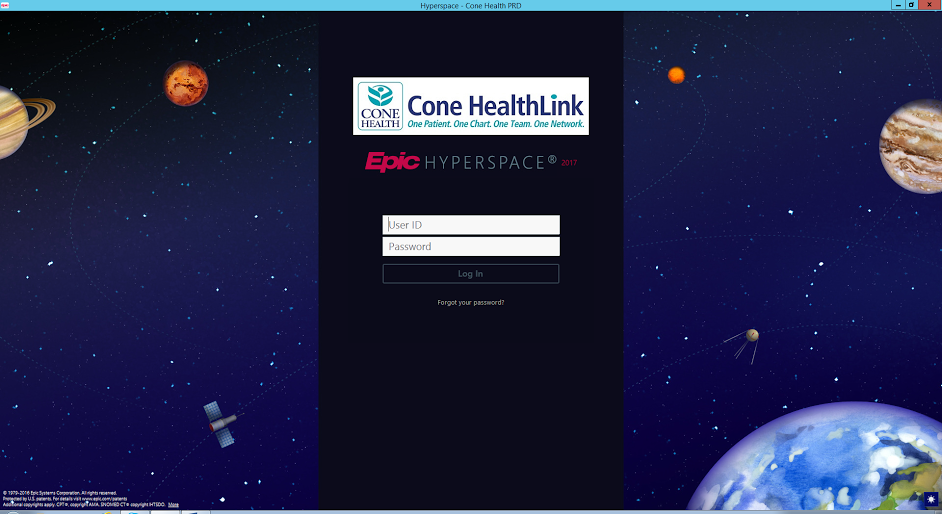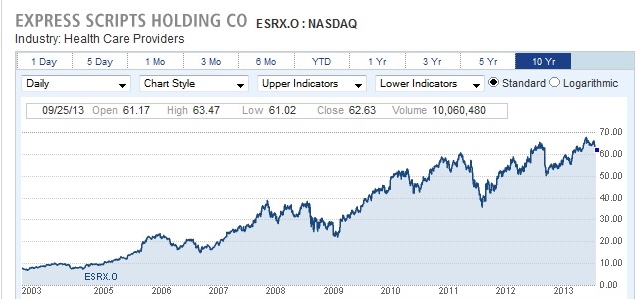 Its been a long road to readjusting to my EHR, and for the most part its been worth it. (see previous EHR articles). I’ve fine tuned my typing skills, I’ve become a black belt of check boxes, a jedi of templates, I whip through e-prescriptions and referral letters like Liam Neeson through eastern European bad guys. Yes, I am Neo, the promised one, of the EHR world. But a recent EHR update had me making yet another change to they way I see patients that I’m sad to say, has tripped me up. This relatively minor problem is that, with this recent update, my EHR takes too long to open after I log in.
Its been a long road to readjusting to my EHR, and for the most part its been worth it. (see previous EHR articles). I’ve fine tuned my typing skills, I’ve become a black belt of check boxes, a jedi of templates, I whip through e-prescriptions and referral letters like Liam Neeson through eastern European bad guys. Yes, I am Neo, the promised one, of the EHR world. But a recent EHR update had me making yet another change to they way I see patients that I’m sad to say, has tripped me up. This relatively minor problem is that, with this recent update, my EHR takes too long to open after I log in.
Huge amounts have been written all over the web about the EHR and how difficult it is to adapt to. To those EHR haters my response has always been this; The EHR is our new reality, if you just get used to the idea that you need to adapt to the computer and not the other way around, and just get on with the process of adapting your typical routine to this new reality, your life will be much better.
But this newest update has me questioning that philosophy. Yes I have adapted my workflow to the EHR, and made all of the changes I mentioned above. Now I have to make another change after a recent update that made only modest changes to the EHR’s functionality. The update has caused a 15 to 20 sec gap from when I log in to the time that I begin to enter information. I’ve tried to fill this time to prevent an inevitable awkward silence, but 20 seconds is a long time to make small talk. Plus I can only ask “how’s the weather outside” so many times per day.
On the other hand if I delve right into history taking, I’m then 20 seconds behind when I do start typing.
So thus far, my interim solution thus far has been to log in first and then go make physical contact with the patient before entering anything in the EHR. This usually involves a handshake and maybe a few preliminary questions. In some cases, if I’m already familiar with the patient, I may begin my physical exam right away, before I even start entering data. In any case, if you’re one of my patients and you are reading this, I apologize that I am listening to your lungs before I finish getting your complete history, now you know the reason why. I’ll probably keep going with this interim solution until I find a better one, I’m more than open to ideas if anyone out there has any. Meanwhile I’m hoping all future programming updates don’t force me to change my workflow.
Incidentally, a similar problem has occurred at the hospital’s computer system. When logging onto the hospital’s system for the first time of the day, there is about a 30 to 45 sec wait before the program will open. I now log in, hang up my coat, maybe get some coffee from the machine or check my mailbox, and then come back to the computer.
Either way, suffice it to say, this is getting kind of ridiculous. I am dearly hoping that all future updates will not similarly dictate a change in how I go about seeing patients. . . are you listening Allscripts?



 Its been a long road to readjusting to my EHR, and for the most part its been worth it. (see previous EHR articles). I’ve fine tuned my typing skills, I’ve become a black belt of check boxes, a jedi of templates, I whip through e-prescriptions and referral letters like Liam Neeson through eastern European bad guys. Yes, I am Neo, the promised one, of the EHR world. But a recent EHR update had me making yet another change to they way I see patients that I’m sad to say, has tripped me up. This relatively minor problem is that, with this recent update, my EHR takes too long to open after I log in.
Its been a long road to readjusting to my EHR, and for the most part its been worth it. (see previous EHR articles). I’ve fine tuned my typing skills, I’ve become a black belt of check boxes, a jedi of templates, I whip through e-prescriptions and referral letters like Liam Neeson through eastern European bad guys. Yes, I am Neo, the promised one, of the EHR world. But a recent EHR update had me making yet another change to they way I see patients that I’m sad to say, has tripped me up. This relatively minor problem is that, with this recent update, my EHR takes too long to open after I log in.